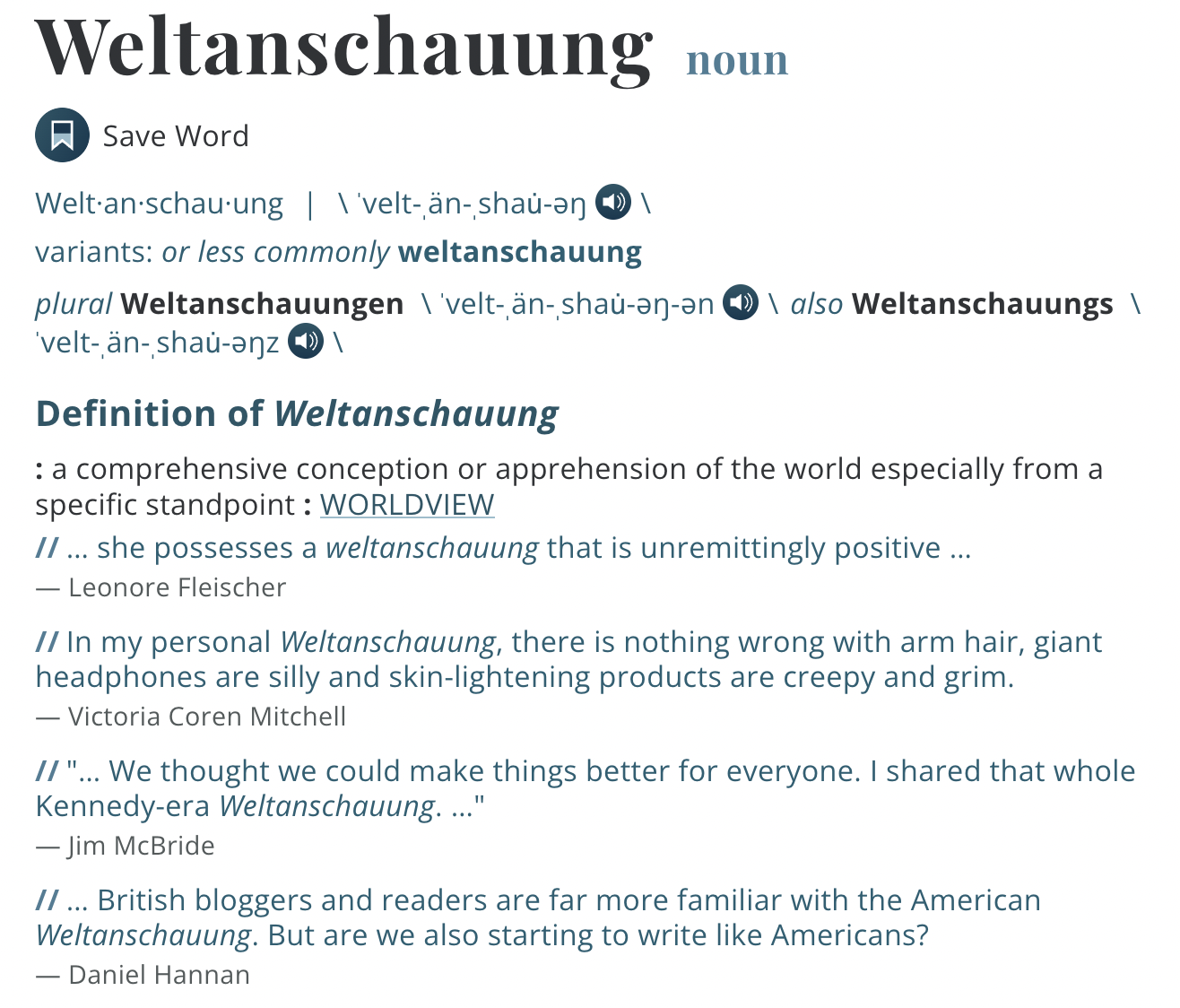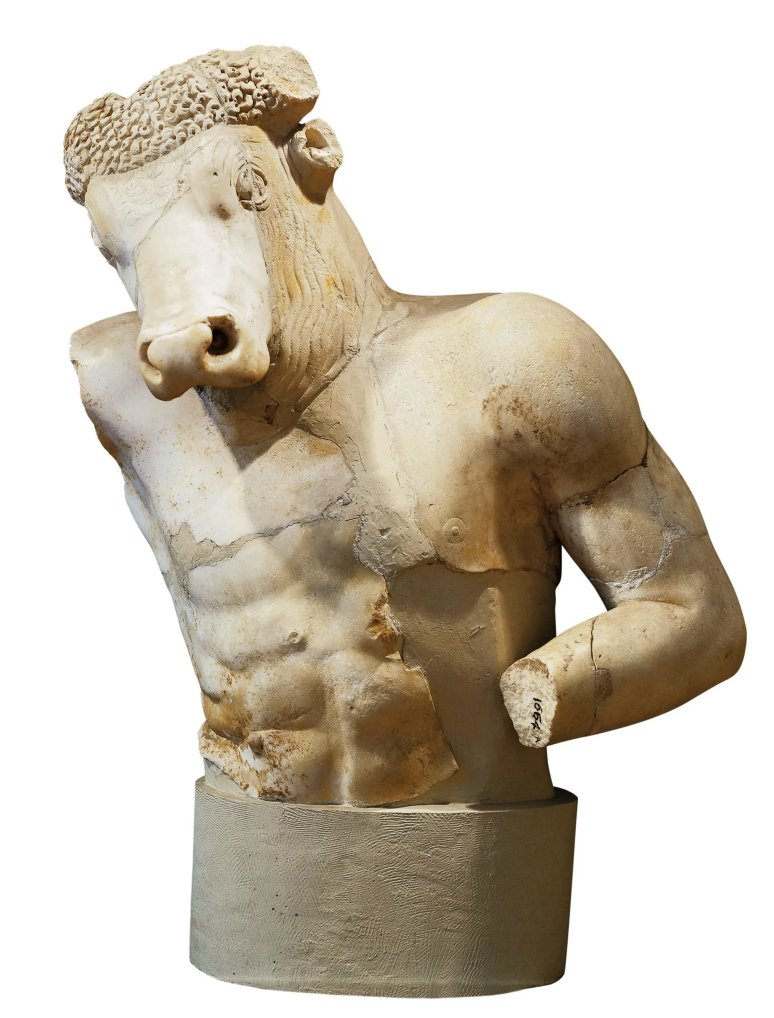Warning: The author washes his hands. It’s not his fault. It’s the blog post who doesn’t know his elbow from his knee.
Let’s honor Aristotle and start in media res. (In his Poetics, Aristotle advised storytellers to start their tale in the middle of the third round, where you’re bleeding from a cut above your left eye and your opponent is already claiming victory. If only he knew!)
A book can be a labyrinth. Even a single paragraph: you get in, and you can’t get out. Perhaps you’re distracted, not reading closely; or perhaps the paragraph is truly confusing in and of itself. Covering too many subjects at the same time, long sentences, foreign concepts poorly translated into the language you’re reading right now. Or a fancy word used correctly, but you don’t know the word and it trips you up. The writer may be attempting to share an insight about your view of the world, your particular mental operating system, and he calls it your Weltanschauung. Yes, it’s used in English, it’s in the dictionary! Webster’s, I swear! Look it up! And try to pronounce it before you press the little button that pronounces it for you.
A blog post can be like a labyrinth, and then you can say it’s “labyrinthine.” Yes, it’s a word, I swear! Okay, Pedro, no need to swear. We get it.
It’s useful to know the word “labyrinthine,” because it saves you from some horrendous synonyms, like “daedal” or “involute.” I had never heard of those two words until I started researching this post.
A fictional world in literature or cinema is often labyrinthine. You enter it and you get lost. Let’s take William Faulkner, for instance, and the unpronounceable county he invented—
No, wait! Let’s not take Faulkner. Instead, let’s backtrack. I’ve decided that “daedal” is a fine word after al; I’ve learned more about it since I first mentioned it. It refers to Daedalus, the father of Icarus and the builder of the Cretan labyrinth that housed the minotaur.
I don’t know much about Faulkner, because whenever I’ve tried to read one of his novels in the past I got totally lost after less than a page. But this proves, proves! that his work is like a labyrinth. Music, cinema, literature, philosophy, the rules of baseball, theology, dating, and IKEA instructions are exactly alike, because they all tend toward the daedal. Dating is worse than theology, but IKEA is worse than dating. I’m grateful that I’m married, and to a woman who enjoys following IKEA instructions.
Suppose that you’re in great pain and you rush yourself to an emergency room at a hospital where everyone is super-busy and super-stressed, besides being badly paid, poorly trained, drunk, and sadistic. Suppose you say, “My knee! For the love of God, inject my knee with cortisone! More, more, more!” And suppose you have long thought that the knee is “the elbow of the leg,” and—and in comes the needle, and the cortisone destroys your healthy knee, because you really meant the inflamed elbow. Not that other elbow down there, this one up here! You know, the knee of my arm, not the elbow of my leg!
The above paragraph is purely fictional. Never in American hospitals do doctors and nurses make mistakes, never ever! Except in Yoknapatawpha County.
But my point, supposing that I have a point, is that vocabulary is quite important. Don’t say “knee” when you mean “elbow.” And don’t say “labyrinth” when you mean “maze.”
Back when Daedalus was designing a complicated habitation for a half-man, half-bull monster, that type of building was called a labyrinth—by some people, anyway. Sooner or later, other people started saying that a labyrinth has only one entry point and one path toward its center. The path may be twisty and scary, if you wish; but it’s one path and one path only, plus it’s not really meant to confuse you but rather to get you to meditate about the meaning of life and, ultimately, to shift your Weltanschauung. A maze, however, has many entry points and many paths, including some that result in dead-ends, blind alleys, and cul-de-sacs (which really should be called culs-de-sac, but not souls-de-quack). Technically, the labyrinth is unicursal, the maze is multicursal. And the maze is, in fact, designed to confuse you—unlike this blog post, which is labyrinthine (and therefore trying to help you shift your you-know-what).
You hear what I’m saying? Since I was a newborn I’ve been using the word labyrinth, but apparently I was referring to what some other newborns call a maze.
Cortisone, please! And lots of it!
©2022, Pedro de Alcantara
PS Some languages don’t have separate words for labyrinth and maze. ¡Maldito laberinto que no me deja dormir!





